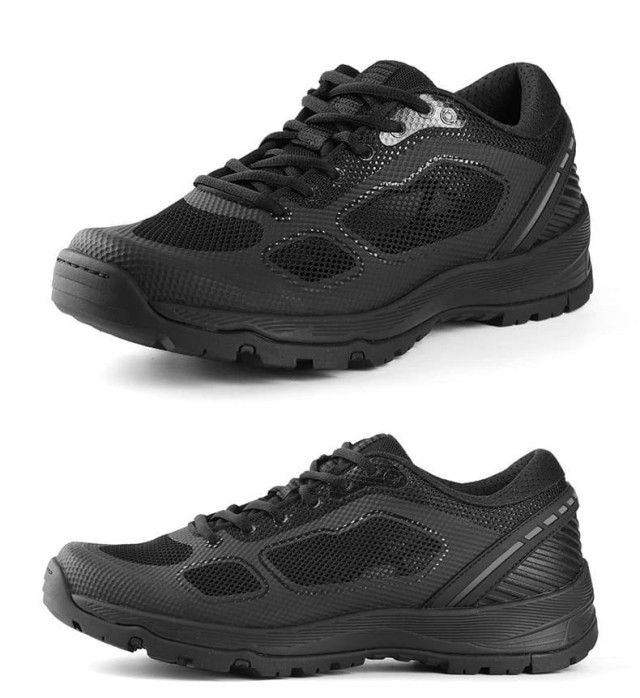For decades, walkers prioritized pillowy-soft cushioning as the gold standard for comfort—but emerging research reveals this approach may accelerate joint wear. The right footwear balances immediate comfort with long-term knee preservation through biomechanically sound design.
The Science of Comfort vs. Joint Preservation
Why Thinner Soles Outperform Cushioned Models
Thickly cushioned shoes compress upon impact, creating an unstable surface that forces knee joints to work harder stabilizing each step. Research shows firm, moderately thin soles (about 10-15mm heel height) distribute pressure evenly while allowing natural foot flexion—reducing knee torque by approximately 20% compared to ultra-soft designs.
The Hidden Knee-Stress Mechanism in "Supportive" Shoes
Traditional motion-control shoes with rigid arch supports disrupt the foot’s natural shock-absorption sequence. This transfers stress upward to knees, particularly during prolonged walking. A 2022 gait analysis found participants wearing stiff "supportive" shoes exhibited 15% greater medial knee loading than those in flexible footwear.
Practical Selection Criteria for Injury Prevention
Measuring Flexibility: The 3-Point Bend Test
- Toe Flex: Bend the shoe upward at the toes—it should fold easily near the ball of the foot.
- Midfoot Twist: Grip heel and toe, then twist—optimal shoes resist complete rotation.
- Heel Stability: Press the heel counter—it shouldn’t collapse sideways under moderate pressure.
Case Study: Barefoot-Style Shoes for Urban Walkers
Transitioning to minimalist shoes requires gradual adaptation but offers proven benefits:
- Improved proprioception enhances natural stride mechanics
- Wider toe boxes reduce compensatory knee movements
- Lighter weight (typically under 8oz) decreases energy expenditure
Adapting Choices to Individual Needs
Solutions for High Arches vs. Flat Feet
- High Arches: Seek shoes with slight curvature in the midsole to prevent excessive outward knee rotation.
- Flat Feet: Prioritize flexible soles with minimal arch interference to avoid forcing the knee inward.
Age-Adjusted Comfort (30s vs. 60s Walkers)
- Younger Walkers: Can tolerate thinner soles (8-12mm) to build foot strength.
- Older Adults: Benefit from slightly thicker soles (12-18mm) with firm cushioning to compensate for natural joint degeneration.
Ready to stock knee-friendly footwear? 3515 manufactures scientifically designed walking shoes in bulk quantities—helping distributors and retailers deliver comfort that doesn’t compromise joint health. Contact our team for OEM solutions tailored to your market.
Related Products
- Wholesale Durable Camo Canvas Shoes with High-Traction Rubber Soles
- Durable High-Traction Canvas Sneakers Wholesale & Custom Manufacturing
- Wholesale Classic Leather Lace-Up Ankle Boots for Brand Manufacturing
- Durable Rubber Sole Outdoor Shoes Wholesale & Custom Manufacturing
- Durable Canvas Work Shoes with Rubber Lug Sole | Wholesale Manufacturer
Related Articles
- How Tactical Footwear Engineering Solves Critical Risks in High-Stakes Professions
- How Tactical Footwear Shields Delivery Workers from Job-Specific Injuries
- How to Choose Tactical Footwear That Matches Your Public Safety Role
- How Tactical Footwear Engineering Prevents Injuries in Public Safety Roles
- How Tactical Footwear Balances Protection and Comfort in Extreme Conditions



















